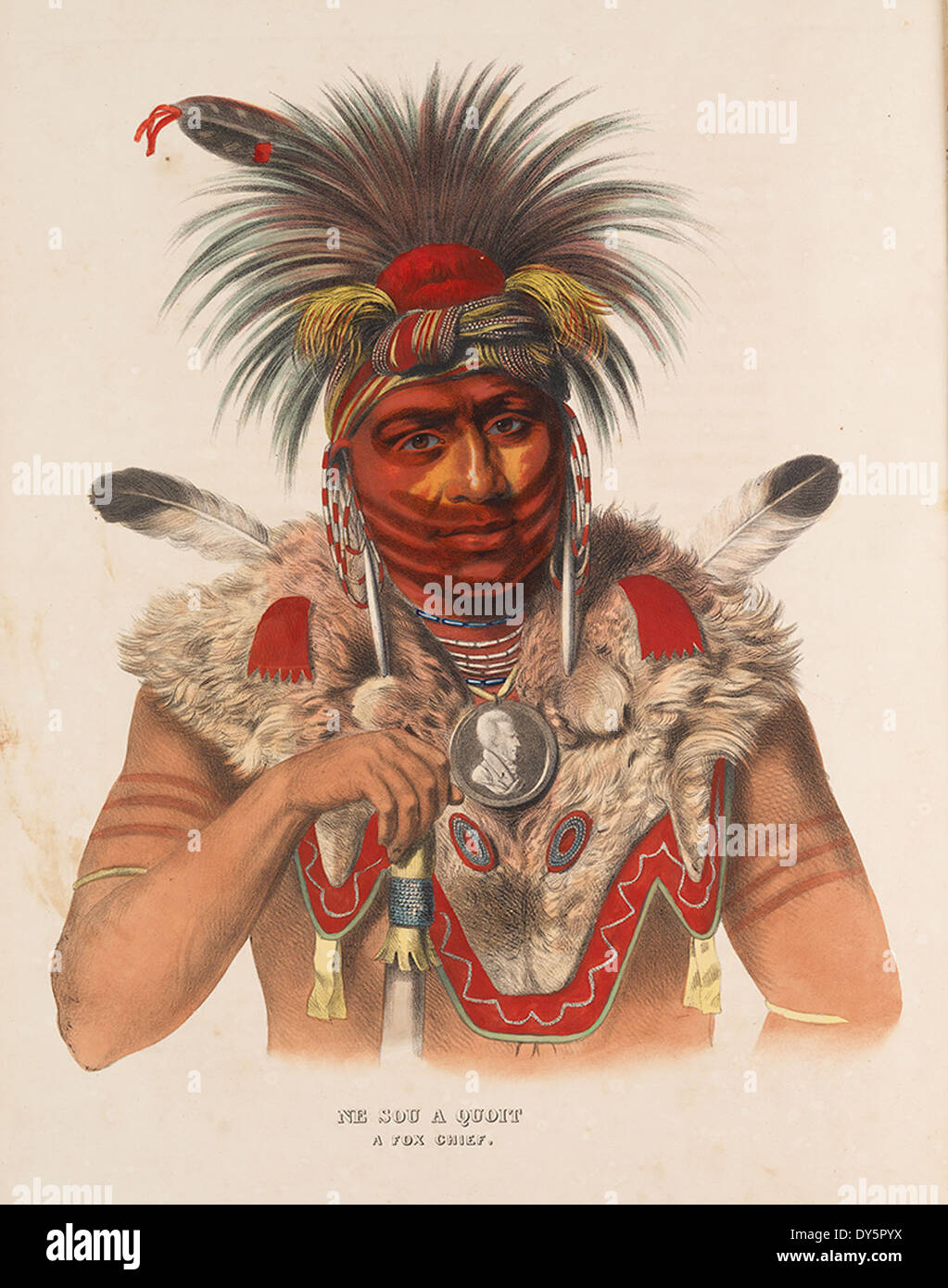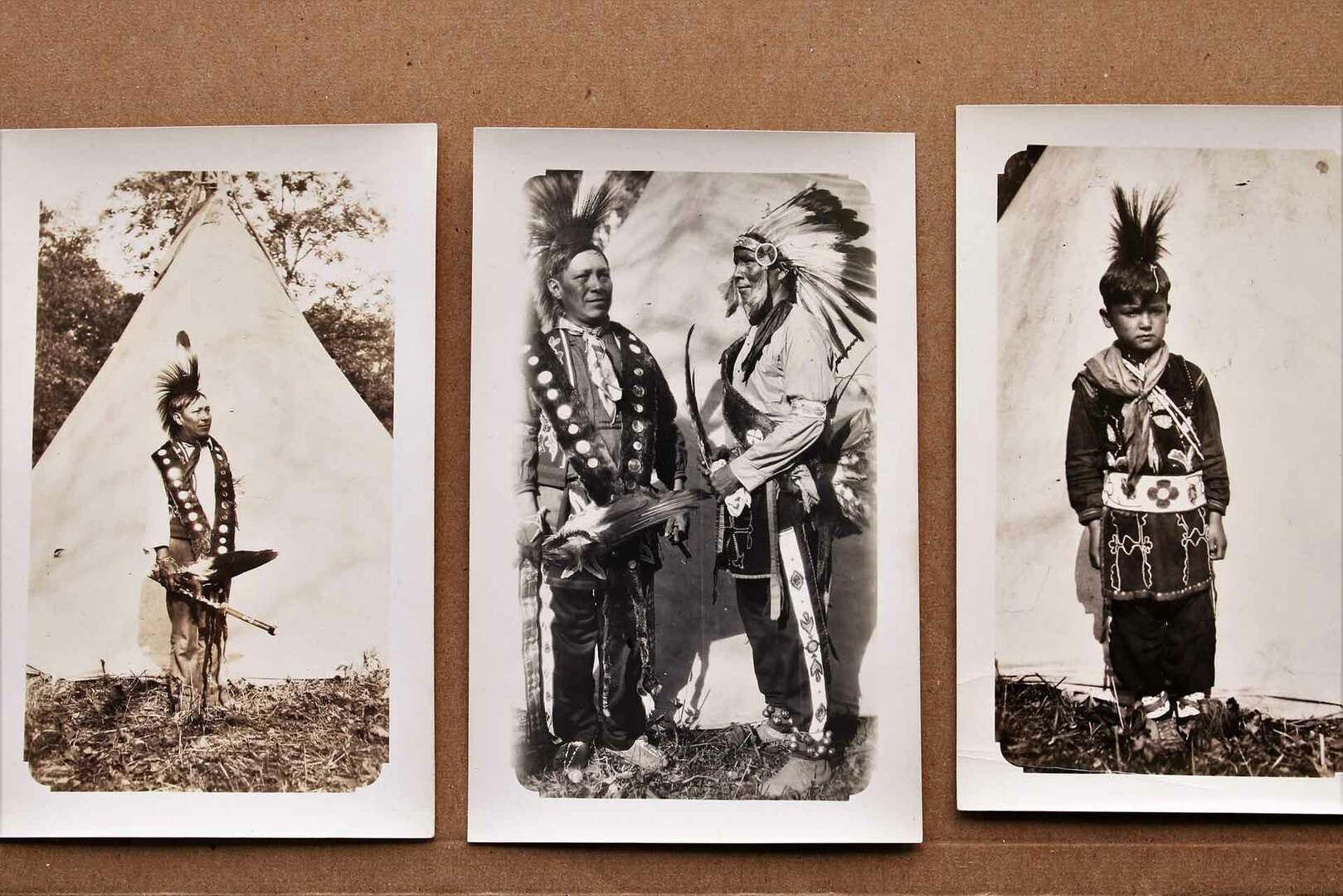
The Unconquerable Spirit: The Enduring Legacy of the Meskwaki Nation
TAMA, IOWA – In the heart of Iowa, amidst endless fields of corn and the gentle curves of the Iowa River, lies a beacon of resilience, sovereignty, and deep-rooted history: the Meskwaki Nation. Often referred to historically as the Fox Tribe, the Meskwaki are a people whose journey is not merely a tale of survival but a powerful testament to the human spirit’s capacity for defiance, self-determination, and the unwavering pursuit of home. Their story, spanning centuries of profound change, devastating conflict, and remarkable reclamation, stands as a unique chapter in the narrative of Native America.
From their ancestral lands in the Great Lakes region to their harrowing flight across the Midwest, and ultimately, to their unprecedented act of buying back their own land in Iowa, the Meskwaki have carved out a legacy defined by an indomitable will. They are, as their name proudly proclaims, the "People of the Red Earth" – a name that resonates with their deep spiritual connection to the land, a bond tested by fire and forged in enduring strength.

Echoes from the Woodland: Origins and Early Life
Before the arrival of European powers, the Meskwaki, an Algonquian-speaking people, thrived in the rich woodlands and prairies of what is now Michigan, Wisconsin, and parts of Illinois. Their society was well-structured, based on a balance of agriculture, hunting, fishing, and gathering. Villages were typically semi-permanent, reflecting their seasonal movements for sustenance. They cultivated corn, beans, and squash, while also embarking on extensive hunting expeditions for deer, elk, and buffalo.
Their culture was rich with oral traditions, ceremonies, and a profound respect for the natural world. Clan systems provided social cohesion, guiding relationships and responsibilities within the community. Unlike the French designation of "Fox" – a misnomer possibly stemming from a misunderstanding of a clan name or the name of a village chief – the Meskwaki knew themselves as Meshkwahkihaki, meaning "People of the Red Earth," a reference either to their origin story or the distinctive red soil of their homelands. This early identity, rooted in their land and traditions, would become a crucial anchor as their world was irrevocably altered.
The Crucible of Conflict: European Contact and the Fox Wars
The 17th century brought French explorers and traders into the Great Lakes region, ushering in an era of profound change. The fur trade, initially a source of new goods and opportunities, quickly became a double-edged sword. It introduced European diseases, which decimated Native populations, and ignited new rivalries as tribes competed for access to trade routes and European goods, particularly firearms.
The Meskwaki, known for their fierce independence and strategic location along vital waterways, soon found themselves at odds with the French. Unlike some other tribes who quickly formed alliances, the Meskwaki maintained a more defiant stance, often resisting French attempts to dominate trade and territory. This resistance escalated into what became known as the Fox Wars, a brutal and protracted series of conflicts that spanned the early 18th century (roughly 1712-1735).
The French, allied with numerous other Native nations, sought to annihilate the Meskwaki, whom they viewed as an obstacle to their expansion and control of the lucrative fur trade. The wars were characterized by sieges, ambushes, and devastating losses for the Meskwaki. One of the most infamous episodes was the 1712 Siege of Detroit, where a large group of Meskwaki and Mascouten warriors, women, and children were trapped and nearly wiped out by French and allied forces. Though they fought with incredible bravery, the Meskwaki were vastly outnumbered and outgunned.
"The Fox Wars nearly extinguished them," historians note, "but not their spirit. They were driven to the brink of extinction, yet they refused to surrender their identity or their will to survive." The conflicts scattered the surviving Meskwaki, forcing them south and west, where many sought refuge among their relatives, the Sac (Sauk) people, forging a close, though often complex, alliance that would shape their future.

The Long Walk West: Displacement and the "Sac and Fox" Era
By the early 19th century, the Meskwaki, now often grouped with the Sac as the "Sac and Fox" by American authorities, faced a new and even more relentless pressure: the westward expansion of the United States. A series of coerced treaties, often signed under duress or by unrepresentative leaders, systematically stripped them of their vast ancestral lands in Illinois, Wisconsin, and Missouri.
The Indian Removal Act of 1830 formalized the U.S. policy of forcibly relocating Native nations from east of the Mississippi River to lands further west. For the Sac and Fox, this meant a grueling forced migration across the Mississippi into what would become Iowa and later, Kansas. The journey was fraught with hardship, disease, and despair, echoing the "Trail of Tears" experienced by other removed tribes.
Despite the shared plight, tensions sometimes simmered between the Sac and Meskwaki. The Meskwaki, having endured the near-genocidal Fox Wars, held an even deeper conviction about their right to their land and a profound distrust of external authorities. While the Sac often adopted a more pragmatic approach to treaties, the Meskwaki frequently resisted, making clear their desire to return to their spiritual homeland.
A Revolutionary Act: The Return to the Red Earth
It is in the mid-19th century that the Meskwaki narrative takes its most unique and inspiring turn. Unlike any other federally recognized tribe in the United States, the Meskwaki Nation bought their own land.
In the 1850s, a small group of Meskwaki, unable to bear the harsh conditions and cultural disruption of the Kansas reservation, began making their way back to Iowa. They were driven by an unshakeable connection to their traditional territories and a fierce determination to rebuild their lives on their own terms. In 1856, recognizing their plight and perhaps swayed by local sentiment, the Iowa State Legislature passed a remarkable act: it allowed the Meskwaki to purchase land within the state, effectively exempting them from federal removal policies.
With annuities received from earlier treaties, the Meskwaki pooled their resources and, bit by bit, began purchasing parcels of land in Tama County, Iowa. The first 80 acres were acquired in 1857. This act of buying back their own homeland was revolutionary. It was not a grant from the government; it was a sovereign act of reclamation.
"This land is ours because we bought it, dollar for dollar," a Meskwaki elder might say, emphasizing the profound significance of this act. "It wasn’t given to us. We chose to return, and we paid for our right to be here."
This purchased land, now known as the Meskwaki Settlement (not a reservation, which implies federal designation), became the foundation for their enduring sovereignty. It allowed them to maintain their cultural identity, language, and traditions with a degree of autonomy rarely afforded to other tribes.
Modern Resilience: Sovereignty, Culture, and Economic Growth
The 20th and 21st centuries have seen the Meskwaki Nation continue to assert their sovereignty and cultural vitality. While facing challenges common to many Native American communities – including poverty, the legacy of boarding schools, and the struggle to preserve language and traditions in a rapidly changing world – the Meskwaki have consistently demonstrated their adaptive strength.
A pivotal moment came in 1937 when the Meskwaki, under the Indian Reorganization Act, formally adopted a tribal constitution, further solidifying their self-governance. They established their own tribal courts, law enforcement, and government services, operating largely independent of direct federal or state oversight on their settlement lands.
Economic development has been crucial to their modern self-sufficiency. In 1992, the Meskwaki Nation opened the Meskwaki Bingo Casino Hotel, which has become a significant source of revenue, allowing the tribe to fund essential services, including healthcare, education, housing, and cultural programs for its members. This economic independence is not merely about prosperity; it’s about empowering the nation to determine its own future.
"The casino is not just about gambling; it’s about our future," explains a tribal spokesperson. "It allows us to fund our schools, to bring our language back, to take care of our elders, and to be truly self-sufficient. It’s an extension of our sovereignty."
Today, the Meskwaki Nation remains a vibrant community deeply committed to preserving its heritage. The annual Meskwaki Powwow, held every August, is a powerful celebration of their culture, featuring traditional dances, drumming, and regalia, drawing visitors from across the nation. Efforts to revitalize the Meskwaki language, one of the few Central Algonquian languages still spoken, are ongoing, with immersion programs for children and language classes for adults.
Looking to the Future: Guardians of the Red Earth
The history of the Meskwaki Nation is a powerful narrative of survival, resistance, and self-determination. From the devastating Fox Wars to the forced removals and their unparalleled act of land reclamation, the Meskwaki have consistently defied the odds. They are a testament to the enduring power of cultural identity and the profound connection between a people and their land.
As the "People of the Red Earth," the Meskwaki continue to stand as guardians of their heritage, their sovereignty, and their unique place in American history. Their journey from the Great Lakes to the Meskwaki Settlement in Iowa is not just a historical footnote; it is a living, breathing testament to the unconquerable spirit of a nation that refused to be erased, choosing instead to write its own future, one acre of purchased land at a time. The red earth beneath their feet is not just soil; it is the embodiment of their resilience, a silent witness to a legacy that continues to inspire.


